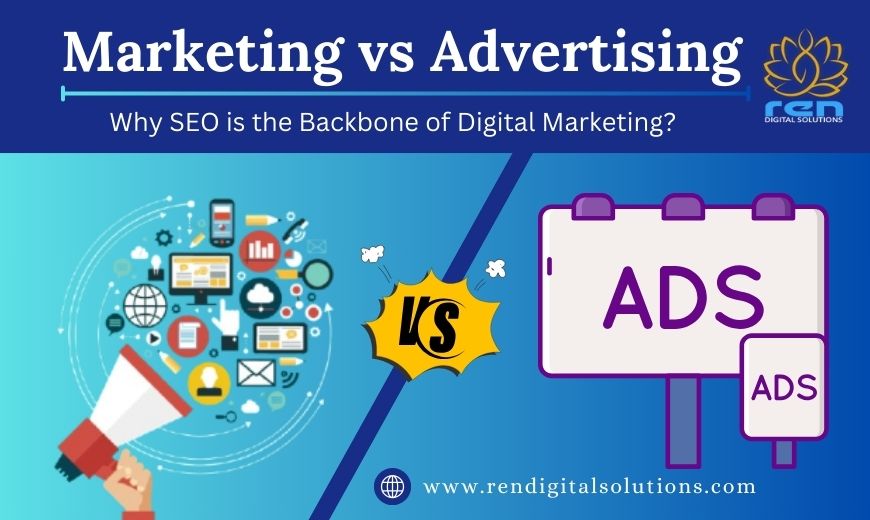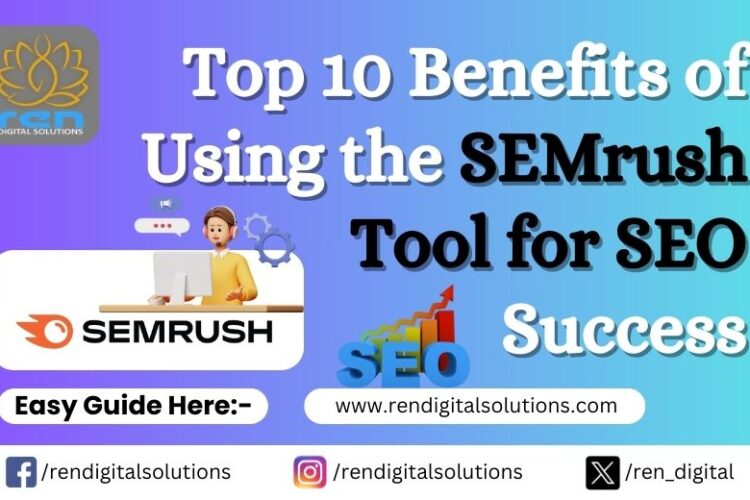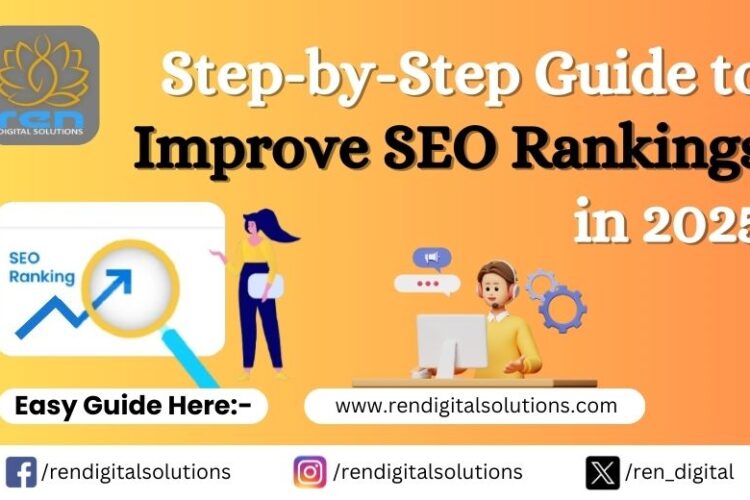
In today’s digital era, businesses often grapple with the concepts of marketing vs advertising. While these terms are frequently used interchangeably, they represent distinct strategies that contribute to a company’s growth. The evolution of the internet has further complicated these definitions, as marketing and advertising online demand specialized approaches. Among these, SEO (Search Engine Optimization) has emerged as the backbone of digital marketing, seamlessly bridging the gap between marketing vs advertising.
What is the Difference Between Marketing and Advertising?
Marketing is an umbrella term encompassing a range of activities designed to promote a product or service. It includes research, branding, public relations, sales strategies, and customer engagement. Advertising, on the other hand, is a subset of marketing that focuses on creating paid promotional content to drive awareness and sales. Simply put, marketing is about the overall strategy, while advertising deals with specific tactics to achieve that strategy.
For instance, marketing might involve developing a content strategy that educates your audience about your industry. Advertising, in this scenario, could be placing sponsored posts or banners to promote that content. The distinction becomes even more pronounced in the context of marketing and advertising online, where platforms like search engines and social media play a pivotal role.
Digital Marketing: The New Frontier
Digital marketing encompasses all marketing efforts that leverage the internet or electronic devices. From social media campaigns to email marketing and content strategies, digital marketing has revolutionized the way businesses connect with their audiences. It allows for precise targeting, real-time feedback, and scalable results.
SEO is a cornerstone of digital marketing. It ensures your content, website, and overall online presence align with what your target audience is searching for. Unlike paid advertising, SEO focuses on organic reach, making it a cost-effective way to build long-term visibility and credibility.
The Role of Advertising in Digital Marketing
While digital marketing provides a holistic approach, advertising remains crucial. Platforms like Google Ads and social media networks offer robust tools to create targeted campaigns. Advertising in digital marketing is about getting quick results—increased traffic, leads, and sales. However, without a strong SEO foundation, these results can be fleeting.
For example, a paid campaign might drive traffic to your website, but if your site isn’t optimized for search engines, potential customers may leave due to poor user experience or irrelevant content. This is where the synergy between marketing and advertising on social media and search engines becomes essential.
Why SEO is the Backbone of Digital Marketing
- Organic Traffic Generation: SEO helps drive organic traffic by ensuring your website ranks higher in search engine results pages (SERPs). Unlike paid campaigns, which stop yielding results once the budget runs out, SEO efforts have a compounding effect, offering sustained traffic over time.
- Cost-Effectiveness: Advertising campaigns can be expensive, especially in competitive industries. SEO, while requiring initial investment in time and resources, provides a cost-effective alternative. Over time, the cost per lead or sale through organic search can be significantly lower than paid ads.
- Enhanced Credibility and Trust: Organic search results are often perceived as more trustworthy by users compared to paid advertisements, enhancing a brand’s credibility and fostering user confidence. A higher ranking in SERPs signals credibility and authority. SEO ensures your brand is visible where it matters most, building trust with your audience.
- Improved User Experience: SEO goes beyond keywords and backlinks. It focuses on optimizing the user experience—from fast-loading pages to mobile-friendly designs and engaging content. A seamless user experience is critical for both marketing and advertising online.
- Integration with Social Media Marketing: Social media platforms are an integral part of digital marketing. SEO complements marketing and advertising on social media by driving traffic to your profiles and amplifying your content’s reach. Keywords optimized for search engines often align with trending topics on social platforms, ensuring cohesive messaging.
Marketing and Advertising on Social Media: A Dynamic Duo
Social media platforms like Facebook, Instagram, LinkedIn, and Twitter are powerful tools for both marketing and advertising. Here’s how SEO ties it all together:
- Content Optimization: Social media posts optimized for keywords improve visibility and engagement.
- Paid Campaigns: Advertising on social media platforms leverages SEO data to refine targeting and messaging.
- Engagement Metrics: Social shares, comments, and likes contribute to your SEO efforts by signaling relevance and authority to search engines.
How to Integrate SEO with Digital Marketing Strategies
- Keyword Research: Gain insights into what your audience is actively searching for. Utilize tools like Google Keyword Planner and SEMrush to discover high-performing keywords that drive value.
- Content Creation: Develop blogs, videos, infographics, and other content that answers your audience’s questions. Prioritize timeless content that continues to stay relevant and valuable over the long term.
- On-Page Optimization: Ensure your website’s structure, meta tags, headings, and internal links are SEO-friendly.
- Off-Page SEO: Build quality backlinks through guest blogging, partnerships, and social media promotions.
- Local SEO: Optimize for local searches by creating Google My Business profiles and encouraging customer reviews.
- Analytics and Adjustments: Use tools like Google Analytics to track performance and refine your strategies.
The Future of Marketing and Advertising Online
As technology advances, the line between marketing and advertising continues to blur. Artificial intelligence, voice recognition, and augmented reality are transforming the technological landscape. However, the principles of SEO remain foundational. Businesses that prioritize SEO in their digital marketing strategies will not only survive but thrive in this competitive environment.
Conclusion
Understanding the difference between marketing and advertising is the first step in crafting effective strategies. While advertising provides immediate visibility, marketing ensures long-term engagement and growth. Within digital marketing, SEO stands out as the backbone, tying together various efforts to deliver sustainable results.
Whether it’s marketing and advertising on social media or creating a comprehensive online presence, SEO empowers businesses to connect with their audiences organically. By prioritizing SEO, companies can build credibility, reduce costs, and achieve a lasting impact in the digital world.
At ren DIGITAL SOLUTIONS, we understand the importance of SEO as a core component of digital marketing. Recognized as the Best Digital Marketing Company in Crossing Republik, we deliver comprehensive strategies that drive results. From organic growth to targeted advertising, our expertise ensures your business thrives in a competitive digital landscape. Partner with us to elevate your online presence and achieve sustainable success.
FAQs
- What is the primary difference between marketing and advertising?
Marketing is a comprehensive strategy encompassing multiple activities, while advertising is a specific tactic within marketing focused on paid promotions.
- Why is SEO considered the backbone of digital marketing?
SEO drives organic traffic, enhances credibility, improves user experience, and complements other digital marketing strategies like social media marketing.
- How does advertising on social media benefit from SEO?
SEO data helps refine social media advertising campaigns, ensuring they reach the right audience with optimized content.
- What role does content play in integrating SEO with digital marketing?
High-quality, keyword-optimized content attracts organic traffic, improves engagement, and supports various digital marketing efforts.
- Why should businesses invest in both SEO and advertising?
While SEO provides long-term organic growth, advertising delivers immediate visibility and results, making them a powerful combination in digital marketing.



